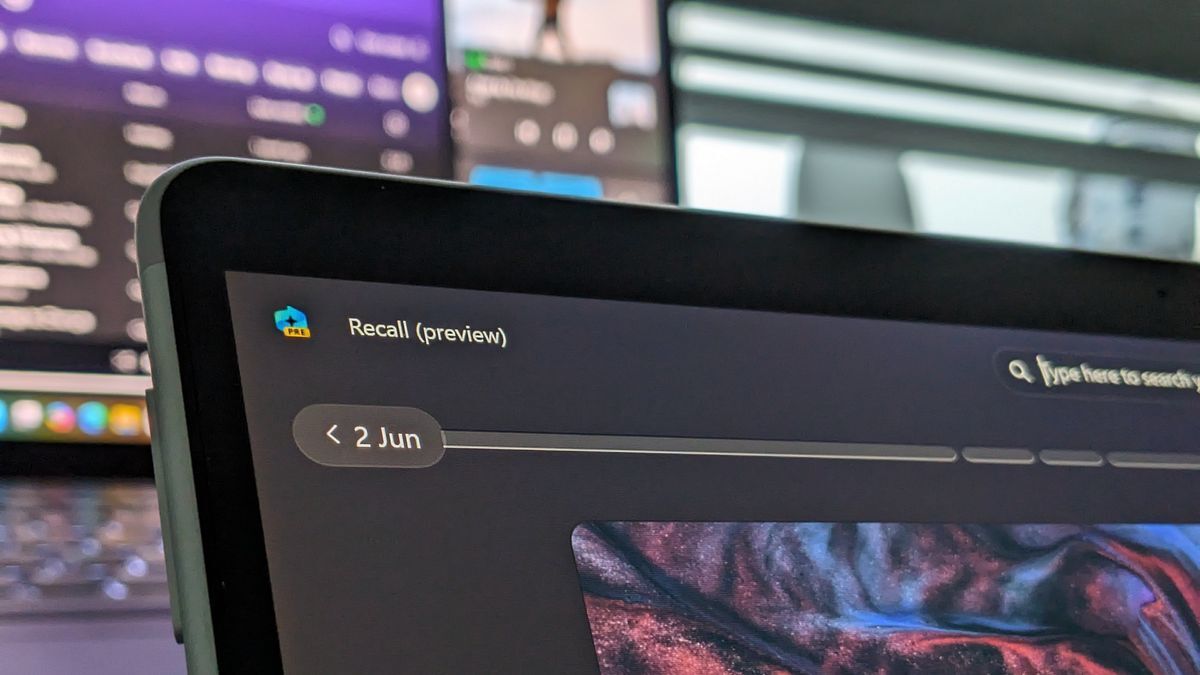It’s a nightmare scenario for Microsoft. The headlining feature of its new Copilot+ PC initiative, which is supposed to drive millions of PC sales over the next couple of years, is under significant fire for being what many say is a major breach of privacy and security on Windows. That feature in question is Windows Recall, a new AI tool designed to remember everything you do on Windows. The feature that we never asked and never wanted it.
Microsoft, has done a lot to degrade the Windows user experience over the last few years. Everything from obtrusive advertisements to full-screen popups, ignoring app defaults, forcing a Microsoft Account, and more have eroded the trust relationship between Windows users and Microsoft.
It’s no surprise that users are already assuming that Microsoft will eventually end up collecting that data and using it to shape advertisements for you. That really would be a huge invasion of privacy, and people fully expect Microsoft to do it, and it’s those bad Windows practices that have led people to this conclusion.



You know what would be a nice thing to put into windows?
A fucking decent way to search for files.
Also, grep and tail, as implemented in Linux. It’s 2024 and there’s no native equivalent to
tail -f *.log. How embarrassing.File search is really awful on windows for no reason at all. Your complaints about commandline utilities is not accurate though. Windows has native powershell equivalents to both
grepandtail. You useSelect-Stringinstead ofgrepandGet-Content -Waitinstead oftail.IME
Get-Contentdoesn’t work for multiple files. Unless maybe I put it in a foreach loop or something. But that’s way more keystrokes thentail -f *Nobody ever accused powershell of being concise. Its uses a completely different philosophy, object oriented rather than string based. This makes powershell nicer to write scripts in but also makes it worse at bash style one-liner commands.
Get everything: https://www.voidtools.com/ (the alpha version can also index the content of files). It’s search is instant. As in < 1 second for any file on any of your harddisks (even ones not connected right now).
For base linux cmdline tools I just install Git for Windows it includes tail, sed, grep, tee, iconv, less, scp and tons more. I need git anyways so win-win.
I do small business support. Everytime I do a windows install I do a ninite install of a bunch of things. Everything is always in the set. The fucntionality should have been in windows since NTFS was introduced
Yeah, even XP had Rover, the search dog.
Ninite and Chocolatey helps a bit. But then you get to the point where there is no automation for a start menu entry for some packages. It’s a bit of a mess.
A colleague installed Python from the MS Store on Windows 11 it messed up all python software, PyCharm, the other python versions and some file associations. Quite a mess.
Windows Search used to be awesome, and then they decided to over-complicate it.
I distinctly remember that once it has indexed everything, it was pretty fast, yeah. Back in the 00s anyway
https://superuser.com/questions/12943/how-do-i-replace-the-stupid-windows-xp-dog-assistance-search-with-the-classic-wi /s
I doubt the majority of MS users need to tail a log file. And of those of us that do, how many don’t know that Notepad++ does it?
Get-Content <path> -waitOr do you mean in cmd not powershell?
IME this doesn’t work for multiple files. Not nearly as well as tail -f *.
Plenty of times I’m troubleshooting something without knowing which log file I should pay attention to. So watching everything happen in realtime with the error helps, a ton.
Have you heard of WSL?
As someone who does product dev support, unfortunately I have.
Isn’t that one of the things this does? It was in the advert wasn’t it?
get listary it’s freemium (i use free version forever and it works fine) you can search by double tapping control and it instantly gives you the files you search for
deleted by creator
You can do a commandline “dir /s *.log” to search an entire directory it works better than the normal file search generally. Unless I misunderstand what you’re asking.
-ffollows the file so you can see updates as they come in to the bottom of the file. I wasn’t aware this worked with globs, but that’s neat.Is that what
/sdoes? I haven’t used Windows in years.Oh, perhaps not. I may’ve just understood how you’re using the search. /s is just a straight search if the directory, I don’t know that it can be used to generate dynamic results like that. Go figure.